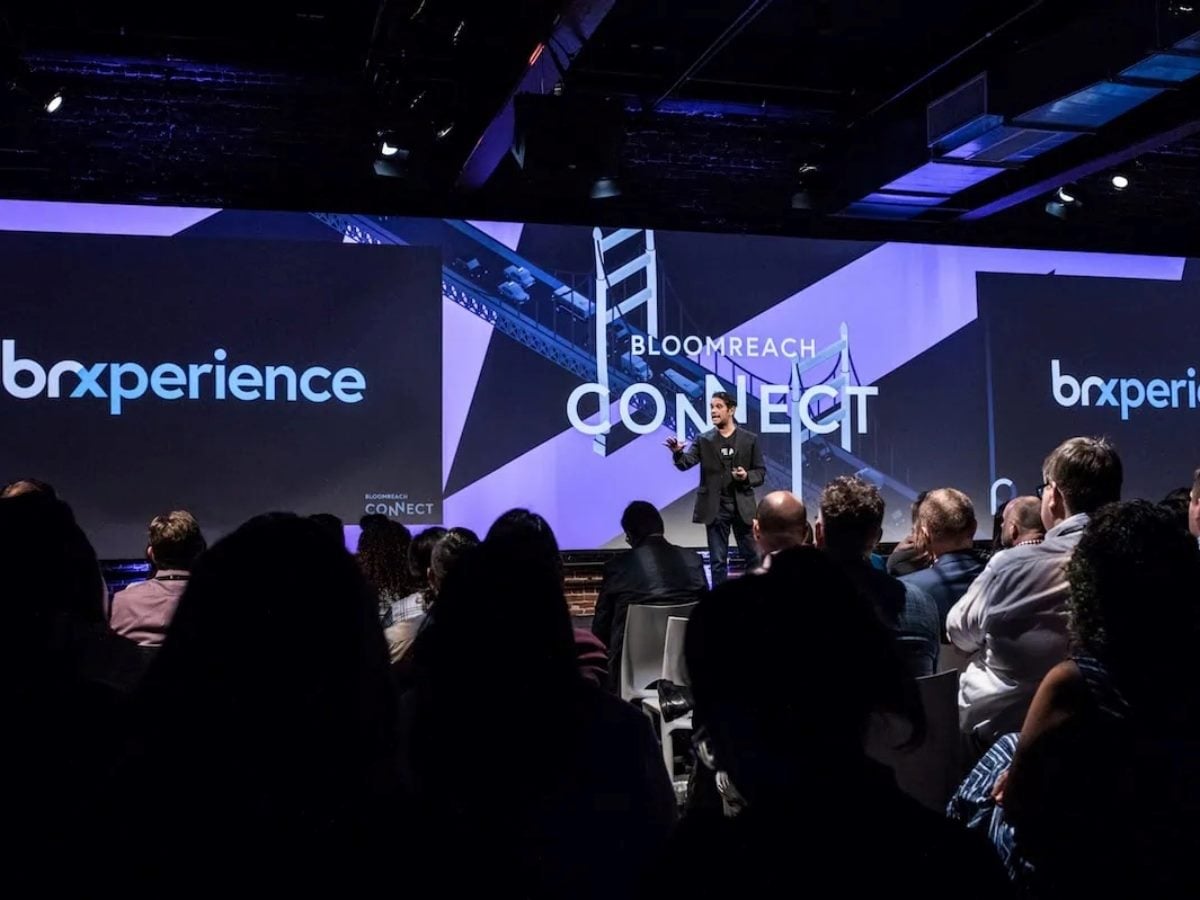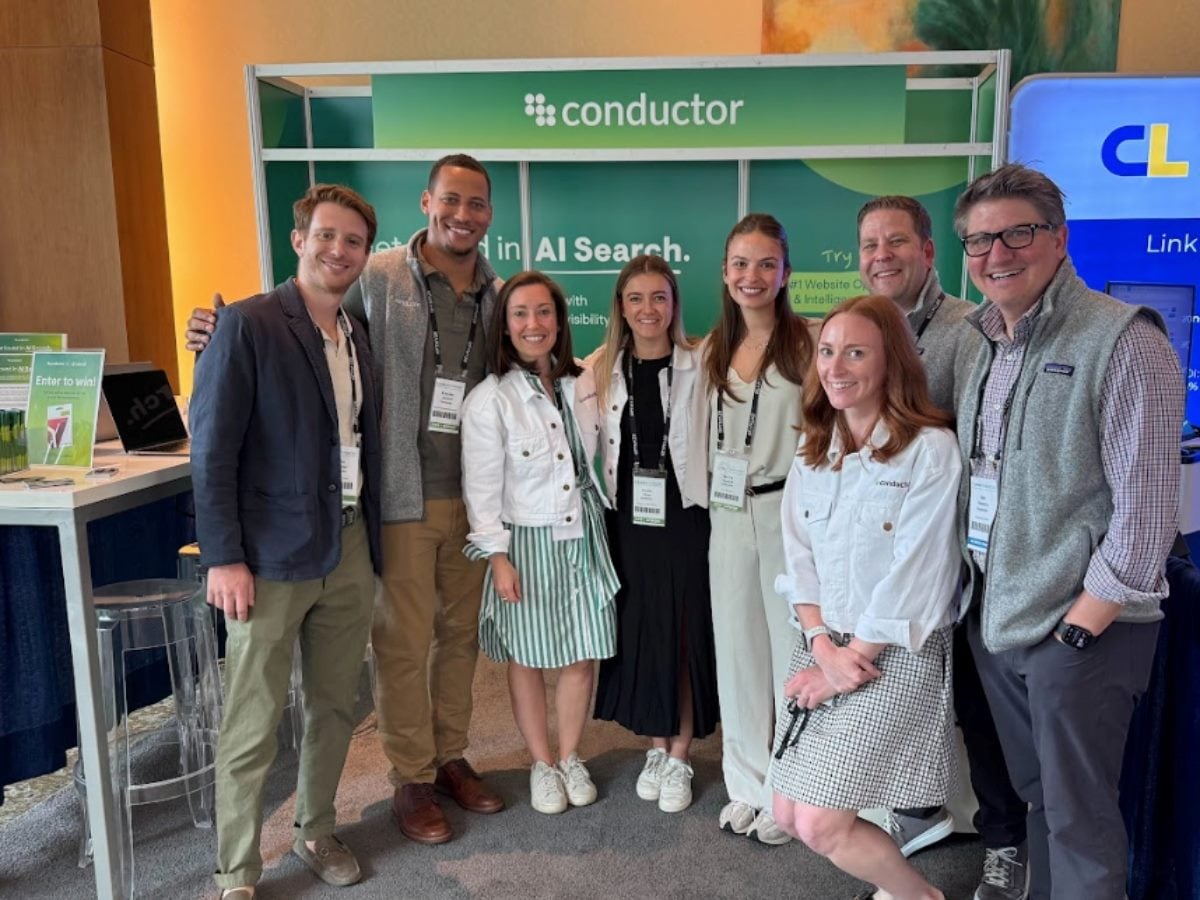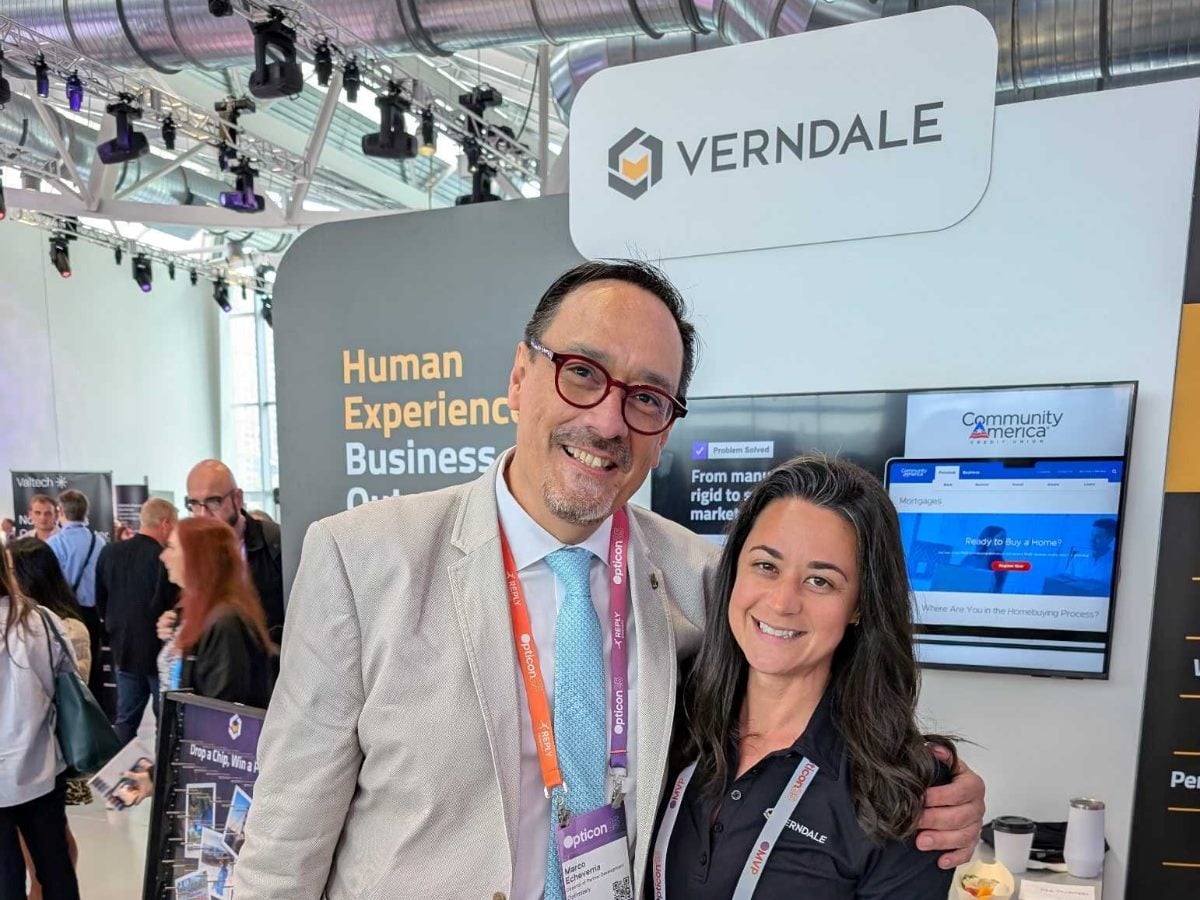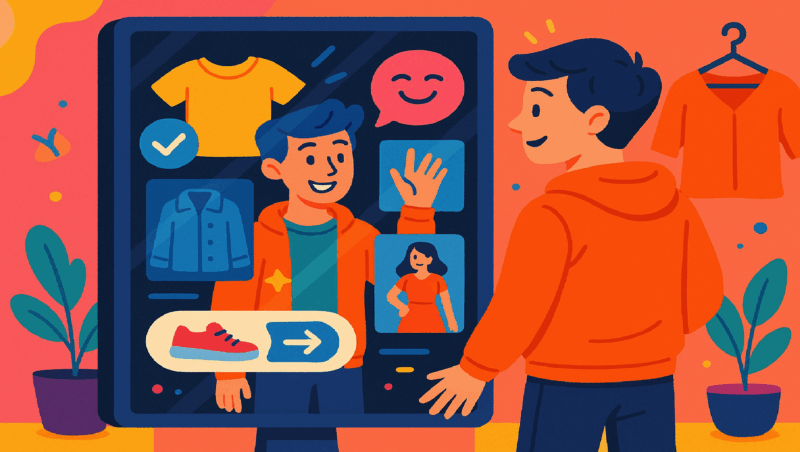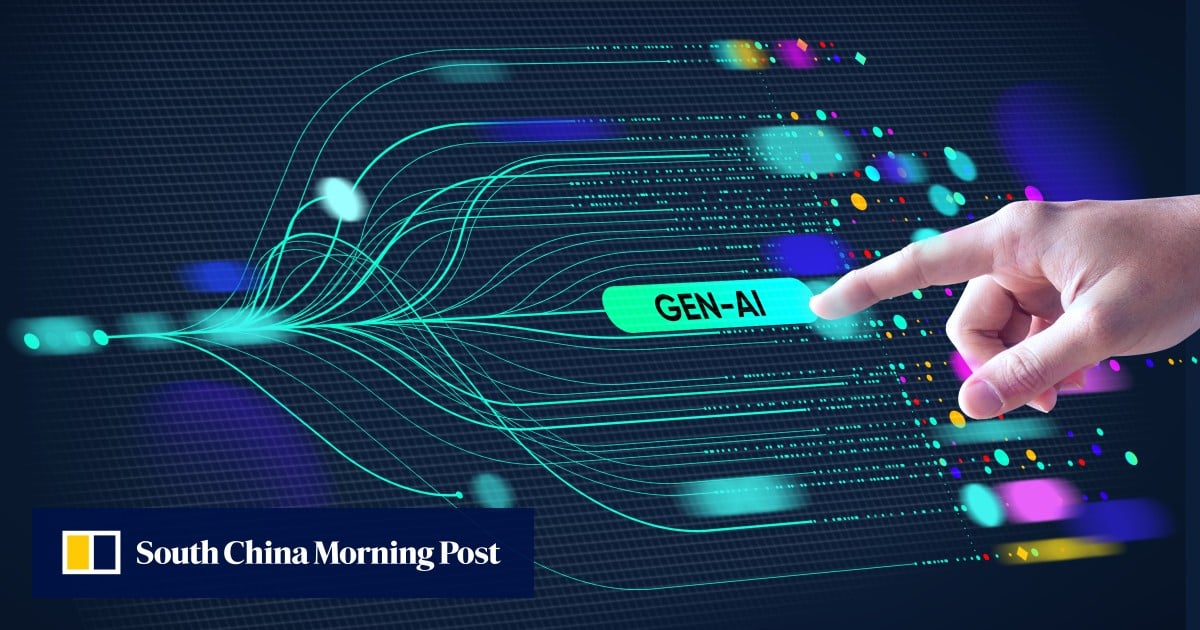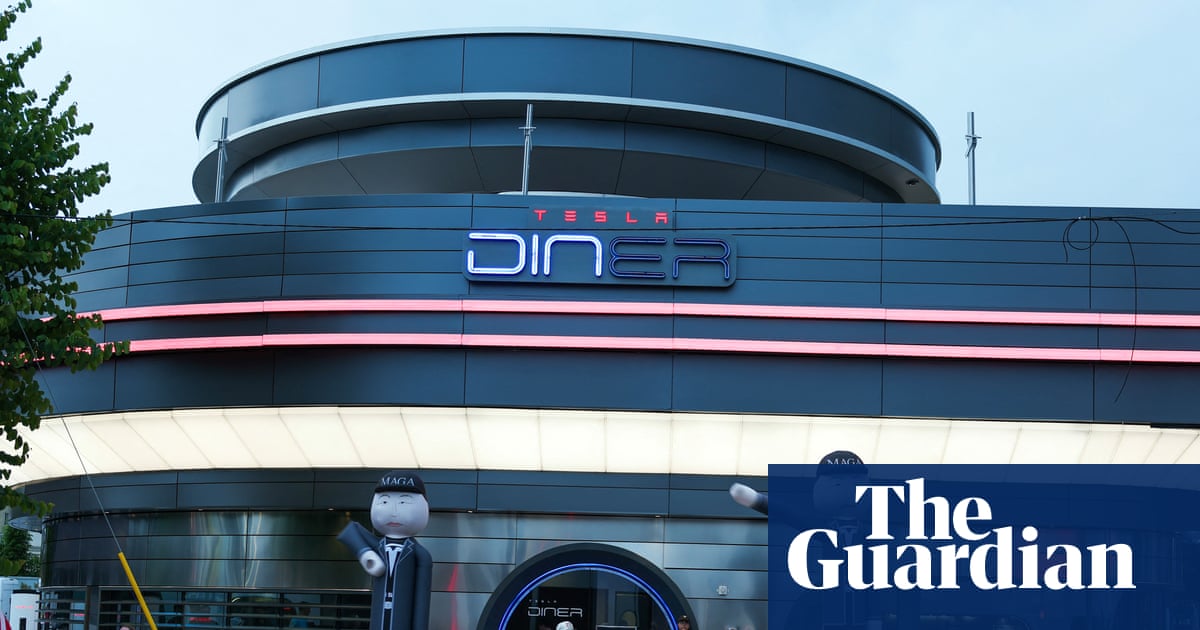#customer-experience
#customer-experience
[ follow ]
#marketing-leadership #cmo #research--editorial #marketing #cmo-resources #editorial-research #cmo-insights
fromThe Drum
4 days agoTo elevate the B2B customer experience, partner with a content agency
Time and time again, we hear that modern B2B buyers have quickly adapted to online buying habits that emerged during the pandemic. You don't have to search far to find an article that references the increased number of touchpoints in a B2B sale . B uyers are self-directing their experiences throughout the customer journey and are confident they can engage with sales teams when they are ready.
Marketing
fromThe Drum
5 days agoMarketing in the multi-sensory world
To view this video, please enable JavaScript and consider upgrading to a web browser that supports HTML5 video Media Summit and Experiential Marketing | Nov 8, 2022 Raja Rajamannar, Chief Marketing Officer of Mastercard (US), explores how the world of marketing is embracing more sensory and experiential approaches. And looks at what all marketers can learn from this broader approach.
Marketing
fromVue.js Jobs
6 days agoPrincipal Software Engineer at taxwell - VueJobs
Taxwell helps everyday Americans get every tax advantage they deserve by finding credits and deductions they never even knew existed. Our tax preparation software offers easy guidance and ensures your maximum tax refund. We strive to build a team of like-minded experts in both tax and technology who align with our brand purpose, are advocates for our customers and have a fresh, non-traditional approach to the tax industry.
Software development
fromLondon Business News | Londonlovesbusiness.com
6 days agoNearly half of UK customers say they've suffered poor customer service: Here's how to change that - London Business News | Londonlovesbusiness.com
Customer service in the UK has a problem. According to recent survey data, almost half of UK customers have experienced poor customer service over the past year. That's not a minor data point, but rather a warning sign. Long wait times, unhelpful responses, and automated loops that dead-end are just the beginning, and they erode customer trust quickly. While many businesses have invested heavily in digital tools and AI to help address these problems, that comes with its own drawbacks.
UK news
fromThe Drum
1 week agoJudgeGill works with Start Creative for Russian retail job
"Working with Start JudgeGill on retail stores concepts and communications guidelines has already delivered great results for MTS, such as the launch of the new MTS flagship store in Moscow. The key focus of our retail development is to provide best-in-class customer experience through personalized service and better tailored products, including exclusive devices bundled with applications developed by MTS," said Mikhail Gerchuk, vice president and chief commercial officer at MTS.
fromThe Business of Fashion
1 week agoHow Integrated Technology Is Reshaping Retail Operations
The technology underpinning retail operations is under scrutiny in 2026 as fashion executives look to streamline systems with the aim to unlock efficiency, cut costs and meet consumer expectations for speed and personalisation in the shopping journey. At the retail event Lightspeed Edge on 12 January, Lightspeed - the unified point-of-sale (POS) and payments platform for SMEs such as Apricot Lane Boutique and Neal's Yard Remedies - convened industry leaders to explore the strategic imperative for integrated technology ecosystems over siloed systems.
E-Commerce
fromSocial Media Examiner
2 weeks agoWhen Customers Create More Customers: Creating Superfans : Social Media Examiner
Marketing generates attention, qualifies prospects, and creates excitement. But it doesn't matter how amazing your marketing campaign is-if someone tries your product and feels disrespected, encounters rudeness, or finds it doesn't live up to expectations, they won't come back, no matter how clever your next campaign is. Customer experience delivers on the promises marketing makes and creates continuity that lasts. Every touchpoint from pre-purchase to post-purchase provides evidence that people use to shape how they feel about you.
Marketing
Artificial intelligence
fromSocial Media Examiner
3 weeks agoThe Future of AI and Marketing: What's Coming and How to Prepare : Social Media Examiner
AI agents are autonomous virtual workers that sense, decide, act, and learn to automate complex workflows and reshape customer journeys, increasing value of human experience.
Marketing tech
fromDigiday
3 weeks agoRetail leaders at Target, Lowe's and more on the AI investments they're plotting for 2026
Retailers are rapidly integrating AI across departments to improve customer experience, measurement, curation, inventory planning, and campaign performance while increasing AI investment.
fromTearsheet
4 weeks agoThe Quarterly Review: Miki Van Cleave makes design a cultural expectation at Chase through process optimization and knocking down silos - Tearsheet
Notes from the desk: Welcome to this month's Quarterly Review and a new year! The Quarterly Review is one of the only media pieces that allow readers to track improvements through time. It's a chance for the industry to learn about what goes on behind an FI's four walls and how leadership manages their priorities.And a review mandates a check-in, as I like to say, so enjoy reading about how the exec in the hot seat today overcame challenges, and brought her vision to life.
UX design
fromFast Company
1 month ago7 CEOs share their New Year's resolutions
My resolution next year is to climb a tough peak in the Chamonix Valley in France. The 'why' is because it's been on my list for 15 years, and it's overdue. The 'how' is a detailed set of logistical, physical, mental, and family preparations.
Business
fromLondon Business News | Londonlovesbusiness.com
1 month agoFive strategic priorities for CEOs investing in customer experience technology - London Business News | Londonlovesbusiness.com
Customer experience technology has a habit of reappearing on leadership agendas every few years. Not because it suddenly feels exciting again, but because something quietly stops working. Customers complain more. Staff spend too much time chasing information. Decisions get made on partial data. What has changed recently is the pressure coming from multiple directions at once. Expectations are higher, patience is lower, and automation has moved from back office efficiency to front line interaction.
Marketing tech
fromBusiness Matters
1 month agoWhy hybrid-service models are the future for business in 2026
Providing great service has always mattered. Doing it brilliantly and consistently, is where things become hard, particularly for SMEs juggling growth, limited resources and rising customer expectations. At Moneypenny, we exist to solve that challenge. By combining unrivalled people and smart AI, we represent businesses seamlessly, delivering exceptional conversations that protect reputation and drive growth. That mission has never been more relevant.
Artificial intelligence
Startup companies
fromBusiness Matters
1 month agoNatWest Group opens applications for 2026 fintech programme focused on AI-led customer experience
NatWest seeks UK pre-Series A and Series A AI fintechs for a 12-week programme to develop AI-driven customer experience solutions and collaboration opportunities.
fromwww.housingwire.com
1 month agoWhy invisible risk will define homebuilding's 2026 reality
Builders often talk about uncertainty as if it were a temporary fog that had to clear eventually. Rates will decline, the Fed will pivot, pent-up demand will return, migration will pick up again, and the longstanding pattern of structural underbuilding will resume. The idea that the industry's biggest risks come from the outsideand that the outside world and its cyclical forces will eventually save themhas been one of homebuilding's most persistent forms of magical thinking.
Real estate
fromIrish Independent
1 month agoI went to Christmas pop-up shop in Dublin selling misplaced packages and this is what was in my mystery parcels
The concept has drawn huge crowds across Europe because some shoppers abroad have found everything from collectable gold bars to rare Pokémon cards worth up to €2,000. The start-up said that it buys lost e-commerce packages, repackages them and sells them in their "original state", offering shoppers a "real-life treasure hunt" and said it prevents thousands of items from being destroyed. However, it's worth noting that after my visit, a huge amount of packaging was left behind.
Startup companies
fromThe BeauTraveler
1 month agoThe Ultimate Marketing Plan for a Restaurant That Actually Attracts Customers - The BeauTraveler
Drawing more customers to a restaurant takes more than good food-it takes top-notch marketing plan, creativity, and a strong connection with the community. People notice what stands out, from the moment they pass by your storefront to what they see online. The key to attracting more customers is blending visibility, experience, and convenience in ways that make your restaurant memorable.
Online marketing
fromForbes
1 month agoWhat Major Retailers Must Learn About The Post-Purchase Experience
Brandon Batchelor, Director of Sales & Strategic Partnerships at ReadyCloud, the shipping, returns and growth marketing e-commerce CRM Suite I've seen more returns than most people ever will. Why? Because I head up the sales division at a company that makes one of the more popular returns solutions for enterprise sellers on Shopify and other platforms. With that in mind, let's discuss something many big retail brands overlook: the post-purchase experience.
E-Commerce
Marketing
fromThe Drum
1 month agoPorsche's social media is the backbone of its digital strategy (but it's yet to come up with a definitive measurement)
Porsche adopts a social-media-first digital marketing strategy to integrate online and offline ownership experiences, encourage sharing, and deliver responsive personalized content based on customer signals.
fromThe Drum
1 month ago5 reasons why you need to constantly review your digital UX strategy
Having a basic UX strategy is no longer enough. There are an overwhelming number of digital products and services available, so having an aligned UX strategy will ensure you are fulfilling what you promised your customers, building brand loyalty, trust and advocacy. To truly understand the scope of a UX strategy, you need to evaluate the three primary components: a vision of intent; goals and measures of success; and a comprehensive plan.
UX design
Startup companies
fromFortune
2 months agoDoorDash CEO Tony Xu outmaneuvered meal delivery rivals by obsessing over his customer | Fortune
DoorDash dominates the U.S. meal-delivery market through early gig-worker innovation, obsessive customer detail, CEO frontline engagement, and opportunistic aggressive expansion.
fromLondon Business News | Londonlovesbusiness.com
2 months agoHow London businesses are using QR codes to drive footfall, loyalty and sales - London Business News | Londonlovesbusiness.com
London's business landscape moves fast. Footfall patterns change week to week, customers expect seamless experiences, and local businesses are constantly looking for tools that help them attract attention without adding extra operational work. That's why so many cafés, salons, gyms, retailers and service providers across the city are adopting modern QR code systems to streamline customer journeys. Not the old, static black-and-white squares, but flexible, dynamic versions that allow companies to update menus, offers or booking links instantly.
Marketing tech
Mobile UX
fromLondon Business News | Londonlovesbusiness.com
2 months agoKeep the holiday spirit alive with convenient phone charging lockers for customers - London Business News | Londonlovesbusiness.com
Providing secure mobile charging stations and lockers reduces low-battery stress, increases dwell time, and improves engagement with digital services during busy holiday periods.
[ Load more ]

